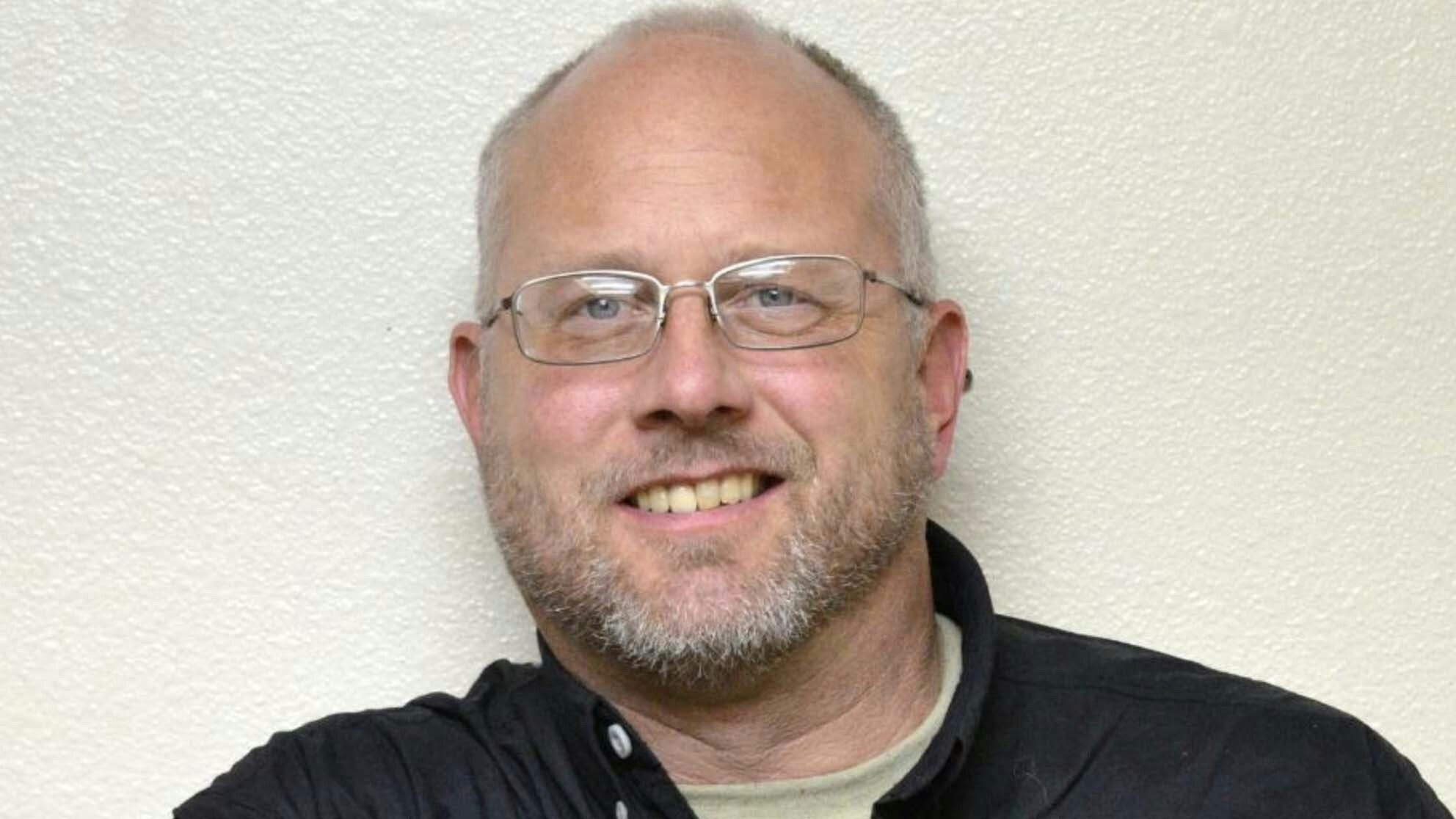Serious people and disciplined organizations know how to benefit from an after-action review (AAR).
The AAR is not for assigning blame. But it does look unflinchingly at the past. It asks: What went right? And what went wrong?
Every branch of America’s military, along with countless organizations, uses the AAR as a forward-looking exercise after the fog of war has lifted.
Wyoming needs an AAR in the aftermath of COVID-19. Four years ago on July 1, Gov. Gordon issued the seventh continuation of three unprecedented Public Health Orders that were first imposed on March 19, 2020.
Select businesses were subjected to social distancing rules and mask mandates. Playgrounds were closed. The constitutionally protected right to assemble was restricted by executive order. And all of it was enforced by the threat of fines and jail time.
Wyomingites peacefully complied. Most gave the benefit of the doubt to their elected and appointed officials. Now, those same officials have an obligation to repay that trust.
Some states have already begun their AARs. The Florida Supreme Court, for instance, issued a December 2022 “Order Directing Impanelment of a Statewide Grand Jury.” That grand jury was sworn in just over a year ago. To date, it has submitted two filings with the Court. These easily digestible reports summarize vast amounts of sworn testimony and research.
The ”First Interim Report,” filed on February 2, 2024, focused on nonpharmaceutical interventions (social distancing, lockdowns, and masks). The “Second Interim Report,” filed May 21, 2024, examined Infection Derived Immunity (IDI or “natural immunity”) to COVID-19 and treatments for those infected with the virus.
During the summer of 2020 the jury was still out. Amped-up fears, complicated science, and suppressed communication made it difficult to see through the fog.
But now Florida’s Grand Jury has the authority to subpoena witnesses, collect all relevant documents, and compile data from wide-ranging sources. As a result, their interim reports are sound and sober documents that should be read by all.
Wyoming’s governor has power to request a similar grand jury (W.S. 7-5-301). Since he chose not to exercise that prerogative, Florida’s work should be of special interest. While there is too much to summarize, here, four points stand out.
First, it turns out that “lockdowns were not good trade.” And that “Comparative data showed that jurisdictions that held to them tended to end up with higher overall excess mortality.”
Second, “With respect to masks, we never had sound evidence of their effectiveness against SARS-CoV-2 transmission…” (First Interim Report, 29).
Third, “people with IDI [Infection Derived Immunity] in 2020 and 2021 had little to nothing to gain from [masks and social distancing].” Nevertheless, “they were forced along with everyone else to endure [them].” Florida’s “Grand Jury believes it was irresponsible of government agencies,” to advise such policies. (Second Interim Report, 7).
Fourth, the Grand Jury conclusively demonstrates that CDC guidance regarding hydroxychloroquine and Ivermectin deviated from standard scientific practice for unexplainable and unexplained reasons (Second Interim Report, 19).
Anybody can make a mistake, especially in the fog of war. But the most devastating finding of the Grand Jury is that the checks and balances that were designed to prevent the egregious mistakes of the CDC from harming Wyoming citizens did not work.
Instead of operating as the independent agency of a sovereign state, the Wyoming Department of Health operated then—and is still operating now—as a megaphone for the federal health establishment.
Citizens, legislators, and public health officials should declare Wyoming independence immediately—before the next pandemic is announced.
Wyoming’s Department of Health is overseen by a trained epidemiologist because Wyoming citizens expect her to use her professional training to test and verify federal recommendations and industry claims before submitting them to the governor.
Failure to do so has done much harm. Inaccurate medical information was given to Wyoming citizens and the doctors who cared for them, jeopardizing lives. Communities and families were unnecessarily divided by careless government messaging. All of this eroded trust in our entire health infrastructure.
Wyoming’s legislators should be conversant with these reports and talk about them on the campaign trail. They should offer specific legislation designed to prevent such unforced errors in the future.
The governor should publicly acknowledge the findings of Florida’s Grand Jury and direct his public health agency to respond to its findings.
The WDH should study the reports from Florida’s Grand Jury and announce specific policy changes that will strengthen its ability to be Wyoming’s own Department of Health, and not merely a federal subsidiary.
Jonathan Lange is a Lutheran Church—Missouri Synod pastor in Evanston and Kemmerer and serves the Wyoming Pastors Network. Follow his blog at https://jonathanlange.substack.com/. Email: JLange64@protonmail.com.





